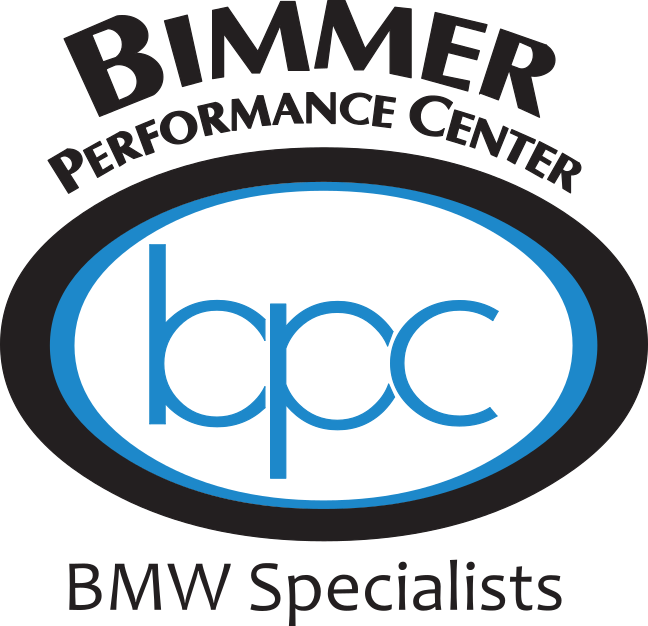The Importance of BMW Rod Bearing Maintenance

BMW’s inline 6, V8, and V10 engines are some of the world’s most advanced automotive powerplants, and they can last for hundreds of thousands of miles. However, these engines are known to have rod-bearing issues, and many drivers are worried about the potential for premature failure.
The failure of an engine’s rod bearings is a catastrophic event, one that typically brings about the need for a full engine replacement. We’ve seen similar problems in a range of applications, but these issues are quite common in some BMW engines. Here, we’ll discuss a few factors that increase the chances of rod bearing failure, as well as some of the benefits of regular maintenance and repair.
Why Rod Bearings Fail Early
Before discussing the causes of rod bearing failure, we should focus on the makeup of these important components. In some BMW models, the clearances (spaces) between the bearings and crankshaft journals are narrower than is appropriate for an engine that can rev to such high RPMs. When there’s little space in between bearings, proper lubrication becomes almost impossible. The oil used in these engines should flow well enough to get into these small gaps yet be viscous enough to keep the bearings apart.
Don’t Use Low-Quality Oil
Zinc additives, when included in engine oils, create a protective layer upon exposure to high pressure and elevated temperatures. Known as ZDDP or zinc dialkyl dithiophosphate, these additives are useful in preventing rod bearings from making unlubricated contact with the crank journal.
When the engines in question were designed, the automotive industry’s standards required the use of API SL-compliant engine oils. Zinc additives were often used, but from 2005 on, phosphorus levels were lowered in efforts to protect O2 sensors, catalytic converters, and other parts.
The protective layer provided by ZDDP is sacrificial, which means it’s removed and replenished as a BMW is driven. Here’s where maintenance comes in. It’s important to change your BMW’s oil often, as using the oil until its phosphorus is gone will eliminate the protective layer.
The Manufacturer’s Recommendations Need an Update
BMW’s recommendations for their engines are as follows. Owners should change the oil at 15,000-mile intervals, using oils that meet BMW’s LL-01 requirements. There’s a long list of oil brands that fail to meet these criteria, so it’s important for auto owners to keep them in mind when choosing an oil. When you bring your BMW in for service, though, we’ll always use oil that meets the manufacturer’s LL-01 guidelines.
Engine oils that meet SN+, SN, or SM standards from API must contain less than 800 parts per million of phosphorus. We believe that newer oils, plus the extended 15,000-mile oil change interval, work to decrease the lifespan of a BMW engine’s rod bearings. Our experts also believe that some oils are chosen because of their additive content and not because they offer a certain viscosity level.
For instance, 10w-60 oils from brands such as Shell and Castrol, as well as others that are marketed to BMW drivers, tend to stay at the bottom of the SAE’s viscosity range. After they’ve been in use for a short time, they move further into the 50w range. In some cases, oils even dip into the 40w range before the 15,000-mile oil change interval is reached.
Top-quality engine oils, such as SR-5R and SR-1R from Torco, will retain their original viscosity ranges from one oil change to the next. That’s why our maintenance experts see better results with these oils, rather than 10w-60s that start out thick and thin out with time.
Why Rod Bearing Maintenance is Important
Owners of BMWs powered by S85, S65, and S54 engines should consider having their oil changed every 5000 miles under race conditions and every 10,000 miles under normal conditions. The engine’s rod bearings should be swapped at 60,000 to 80,000 miles, especially when an owner has followed the 15,000-mile oil change interval. Regular maintenance of rod bearings and other parts is crucial to a vehicle’s performance and longevity, and you can count on us to use oils that don’t just meet API requirements but exceed them.
For BMWs that see frequent street use with the occasional track day, we recommend an oil like Torco’s SR-1R 10w-60. It’s less costly than BMW- or Castrol-branded oils, and it reduces oil temperature without sacrificing protection.
Count On Us
Whether you’re coming in for a routine oil change or rod bearing replacement, you can count on us to provide the quality BMW service and parts you deserve. Visit us online or call Bimmer Performance Center to schedule a service visit.
